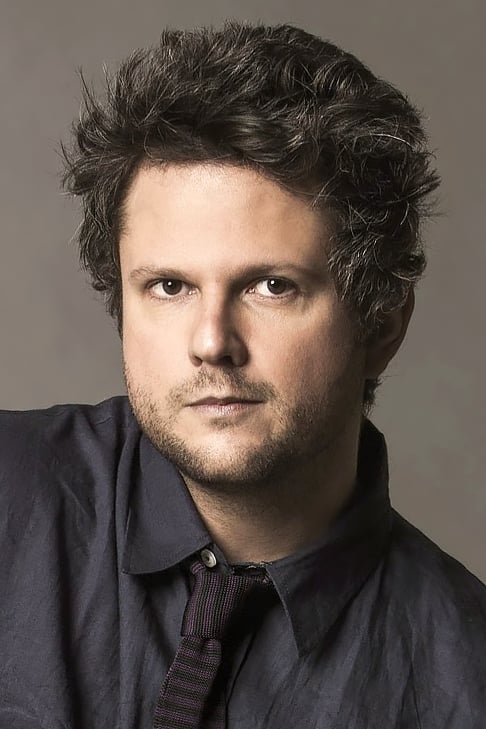
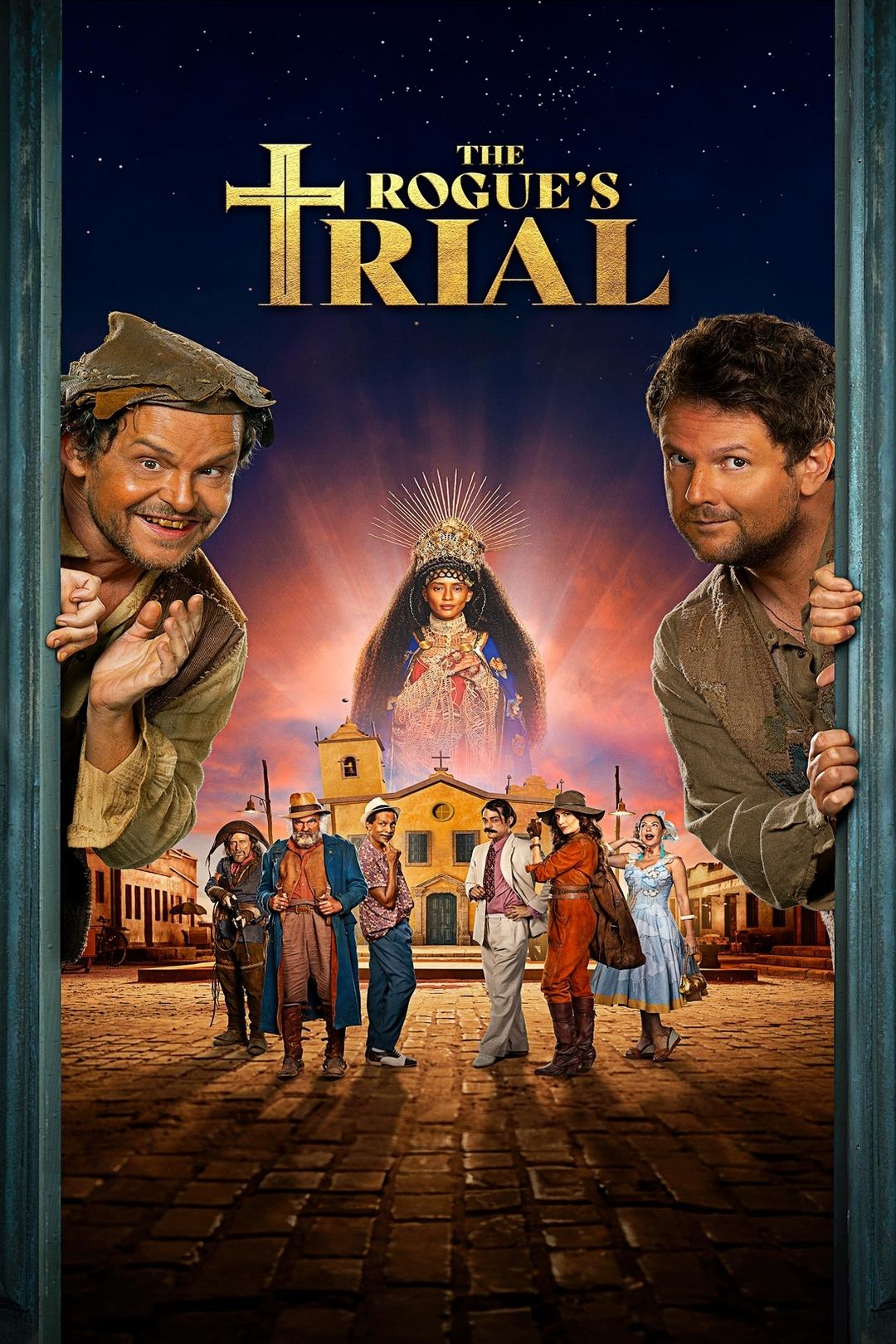
After 20 years missing, João Grilo returns to Taperoá to join his old friend Chicó and, after his story of resurrection spreads, he is disputed as an electoral candidate by the two most powerful politicians in the city.
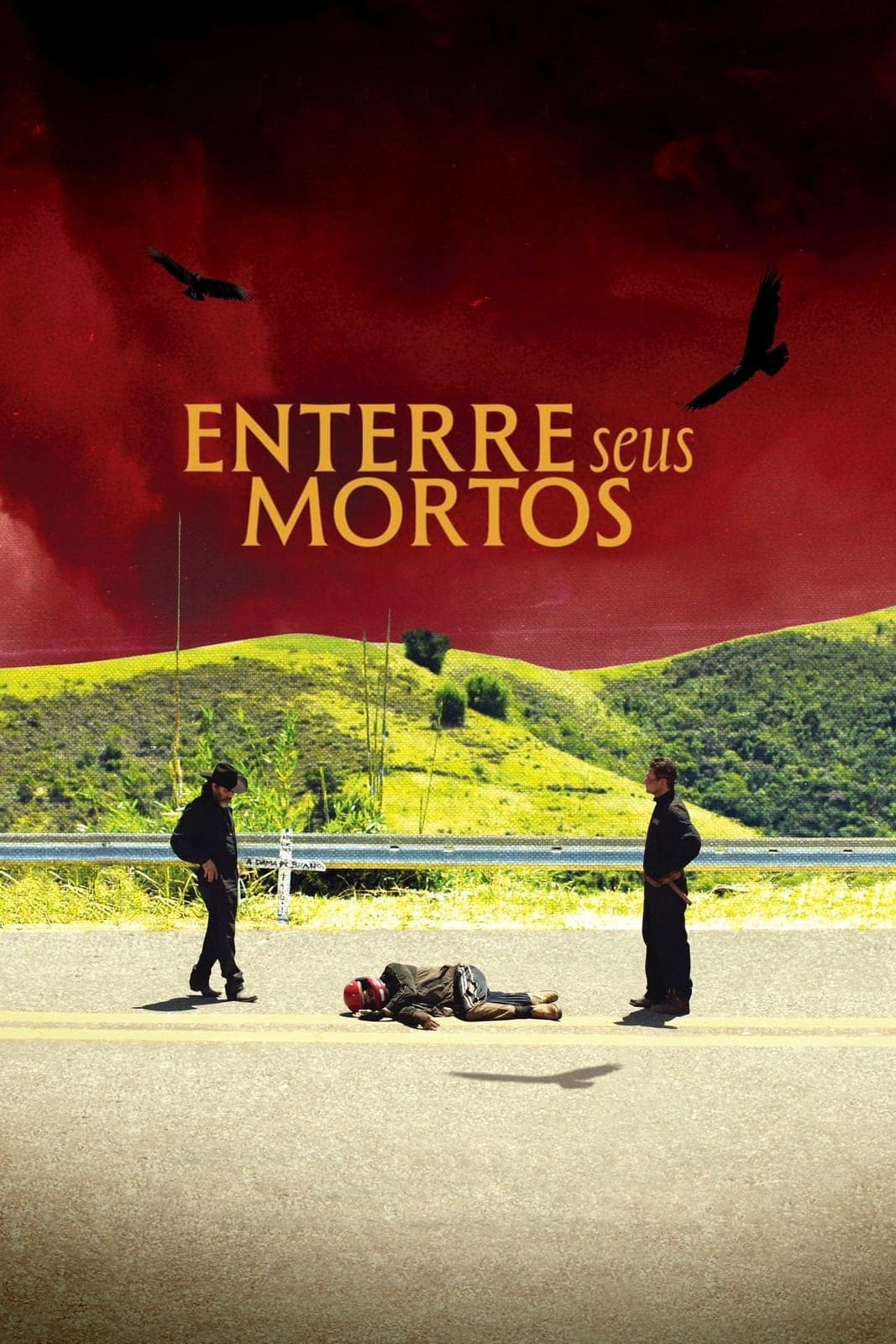
Edgar Wilson, a roadkill collector in rural Brazil, dreams of escaping his small-town existence with Nete, the love of his life. When Nete decides to join her family in an apocalyptic cult, Edgar finds himself at a crossroads. With the world on the brink of destruction, Edgar and his unlikely companion Tomás – a disgraced and excommunicated priest – embark on a dangerous road trip through a landscape plagued by chaos and despair.

In 1971, military dictatorship in Brazil reaches its height. The Paiva family — Rubens, Eunice, and their five children — live in a beachside house in Rio, open to all their friends. One day, Rubens is taken for questioning and does not return.

For this behemoth, Bressane took his opera omnia and edited it in an order that first adheres to historical chronology but soon starts to move backwards and forward. The various pasts – the 60s, the 80s, the 2000s – comment on each other in a way that sheds light on Bressane’s themes and obsessions, which become increasingly apparent and finally, a whole idea of cinema reveals itself to the curious and patient viewer. Will Bressane, from now on, rework The Long Voyage of the Yellow Bus when he makes another film? Is this his latest beginning? Why not, for the eternally young master maverick seems to embark on a maiden voyage with each and every new film!
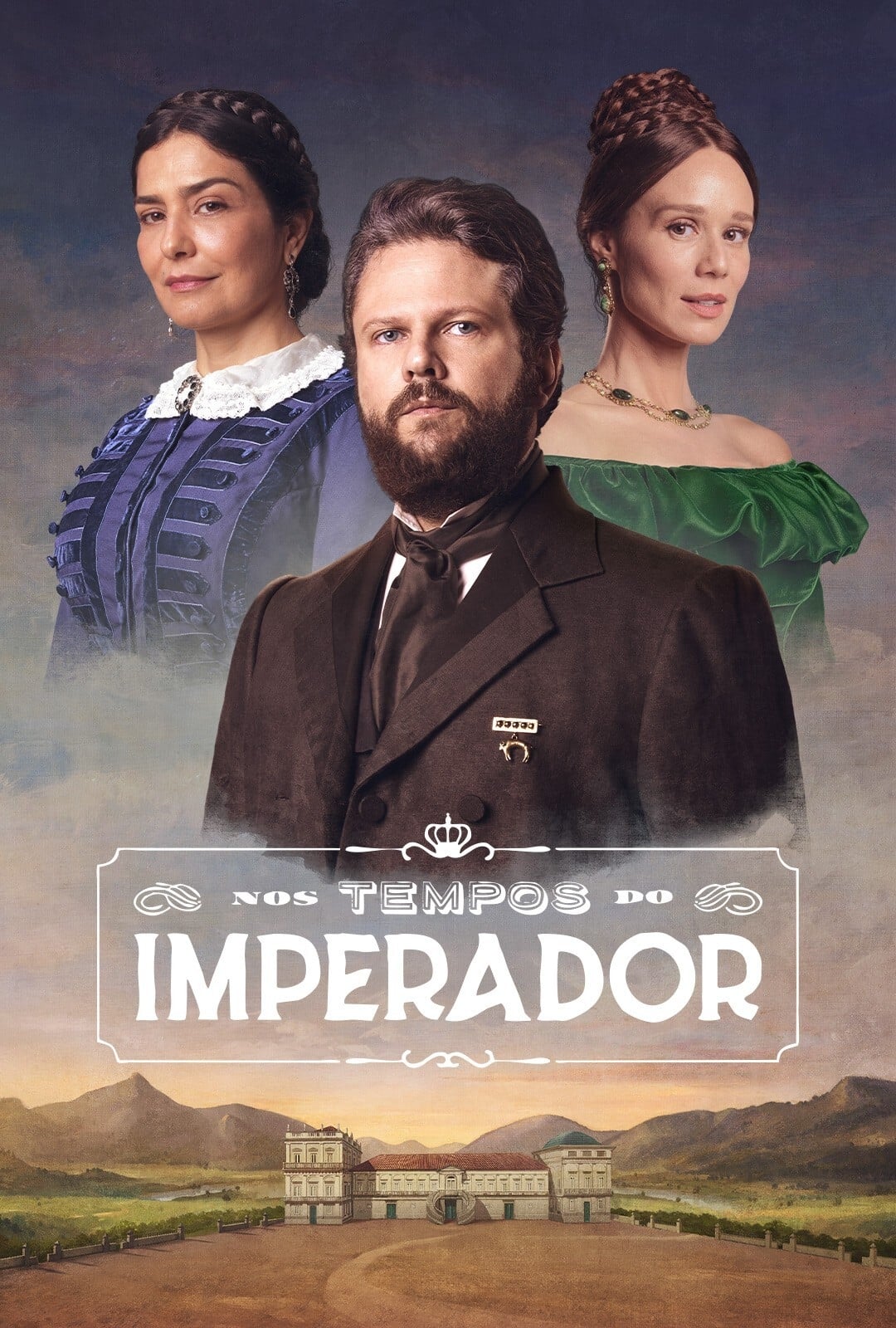
In 1856, the emperor Dom Pedro II lived a marriage of appearances with Teresa Cristina, with whom he was forced to marry at a young age by his parents' political alliance, having two daughters with her: Isabel and Leopoldina. He truly loves Countess Luisa, a cultured and time-ahead woman who fights for the abolitionist cause and women's rights, married to Eugenio, the emperor's cousin. At the same time there are sisters Pilar and Dolores: the first went to a convent after her mother's death in childhood, growing up among books and dreaming of studying medicine - inspired by the story of Elizabeth Blackwell, the first doctor in the world -, while the second stayed at home to take care of her father, Colonel Eudoro, growing up repressed, illiterate and without vanity.

100 days of BBB and Brazil fell in love with Juliette. Who is this woman? What in her past projects the phenomenon she has become? Behind the scenes of fame and the next steps.
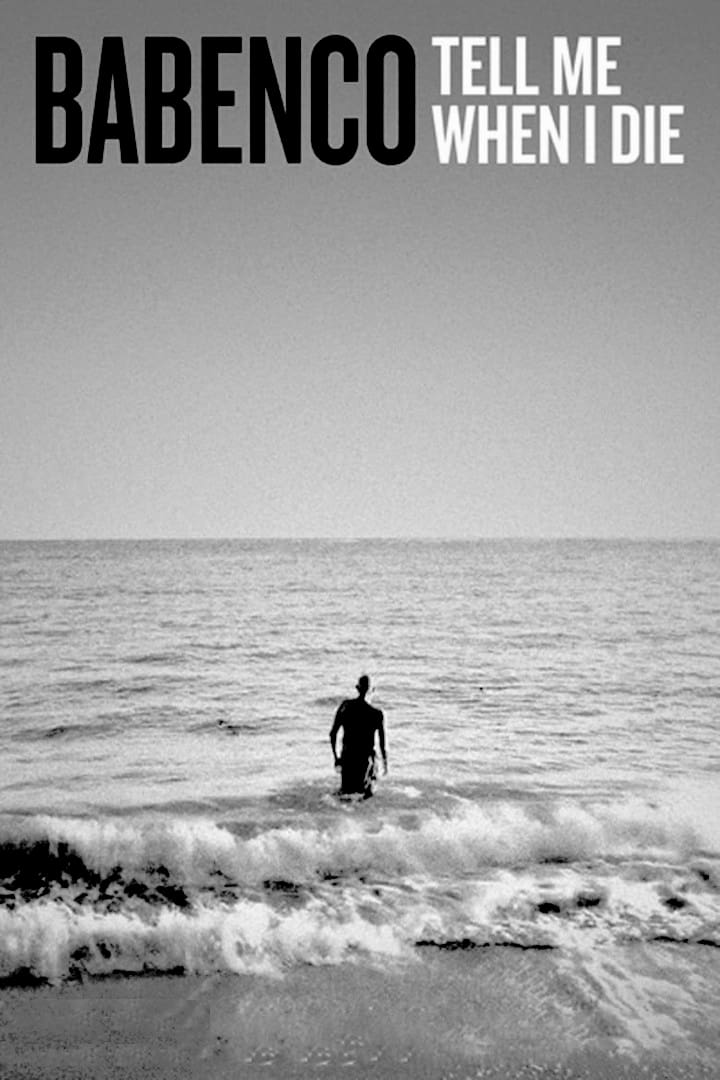
Besieged by cancer and nearing the end, the genius Argentine-Brazilian filmmaker Héctor Babenco (1946-2016) asks Bárbara Paz, his wife, for one last wish: to be the protagonist of his own death.
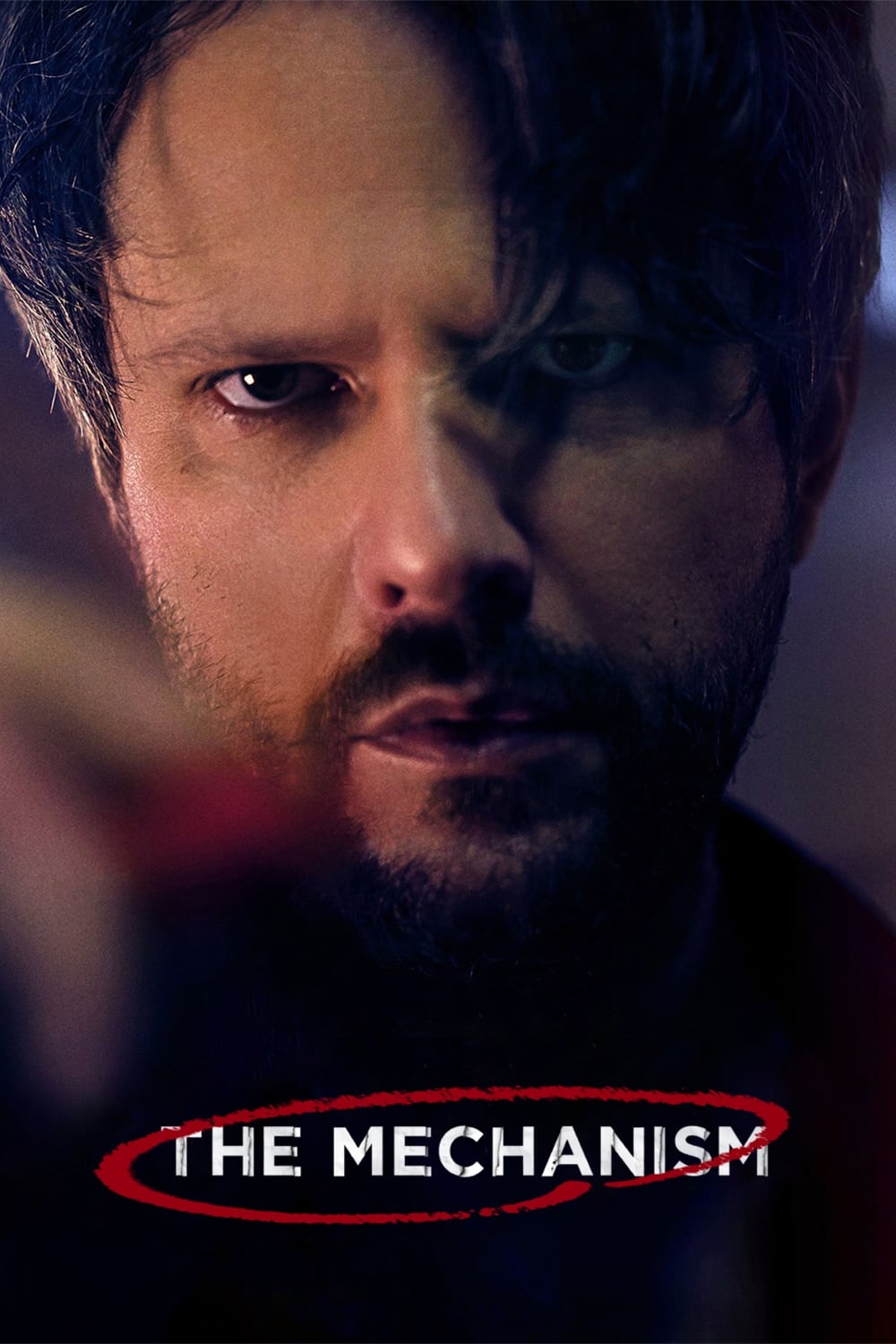
A scandal erupts in Brazil during an investigation of alleged government corruption via oil and construction companies. Loosely inspired by true events.

The collapse of a medical center in construction - over invoiced by the engineer in charge - creates two parallel realities: under the debris, the engineer himself, the daughter of the construction's main investor and a few workers struggle to survive. Meanwhile, above ground, there is a frenetic chase for those to blame.
Selton Mello, one of Brazil’s most respected actors and directors, has built a remarkable career spanning four decades. From his beginnings as a child actor to his status as a celebrated artist, Mello has consistently demonstrated his passion for storytelling and connection with audiences. Born on December 30, 1972, in Passos, Minas Gerais, Mello began acting in Brazilian television soap operas during the 1980s. His talent quickly earned him recognition, leading to his transition to cinema. In the 1990s, he gained acclaim with films such as Lavoura Arcaica (To the Left of the Father) and O Auto da Compadecida (A Dog’s Will). The latter remains a cultural classic, with Mello’s role as Chicó highlighting his comedic timing and depth. Mello’s versatility as an actor is evident in his diverse filmography, including Meu Nome Não É Johnny (My Name Ain’t Johnny)* and Jean Charles, a poignant portrayal of a Brazilian immigrant’s tragic story. In Ainda Estou Aqui (I’m Still Here), directed by Walter Salles, Mello delivered a powerful performance as Rubens Paiva, a congressman disappeared during Brazil’s military dictatorship. Beyond acting, Mello has excelled as a director. His 2011 film O Palhaço (The Clown), which explores themes of identity and purpose, received widespread acclaim and numerous awards. His second directorial work, O Filme da Minha Vida (The Movie of My Life), further showcased his storytelling ability, earning accolades at the Rome Film Festival. In 2024, Mello continues to impact Brazilian cinema with anticipated projects like O Auto da Compadecida 2 and Bury Your Dead, reflecting his ability to adapt to diverse narratives. A member of the Academy of Motion Picture Arts and Sciences, Mello plays a key role in promoting Brazilian cinema internationally. With over 40 years in the industry, Selton Mello remains a significant figure, celebrated for his contributions as an actor, director, and cultural embassador.
By browsing this website, you accept our cookies policy.